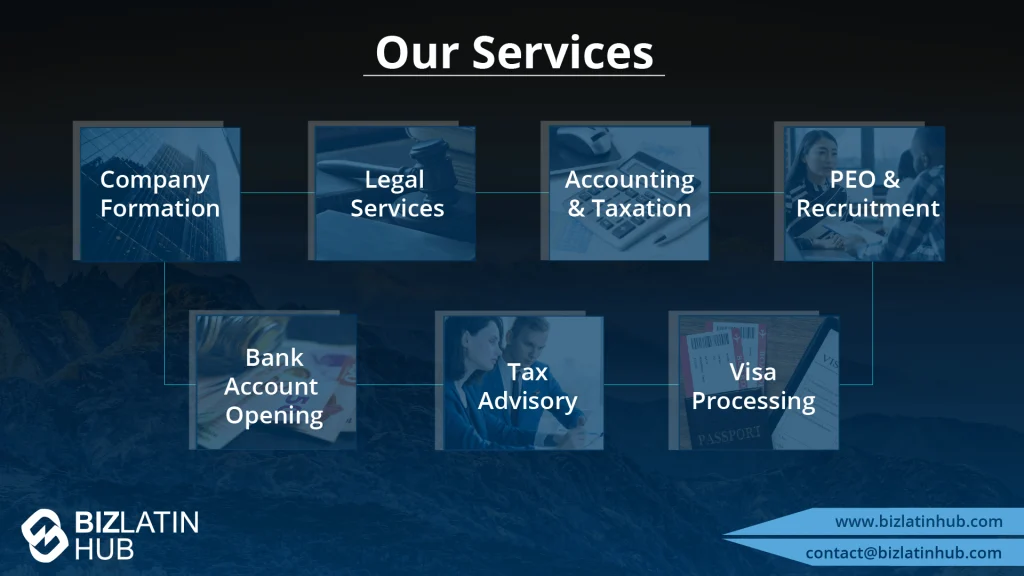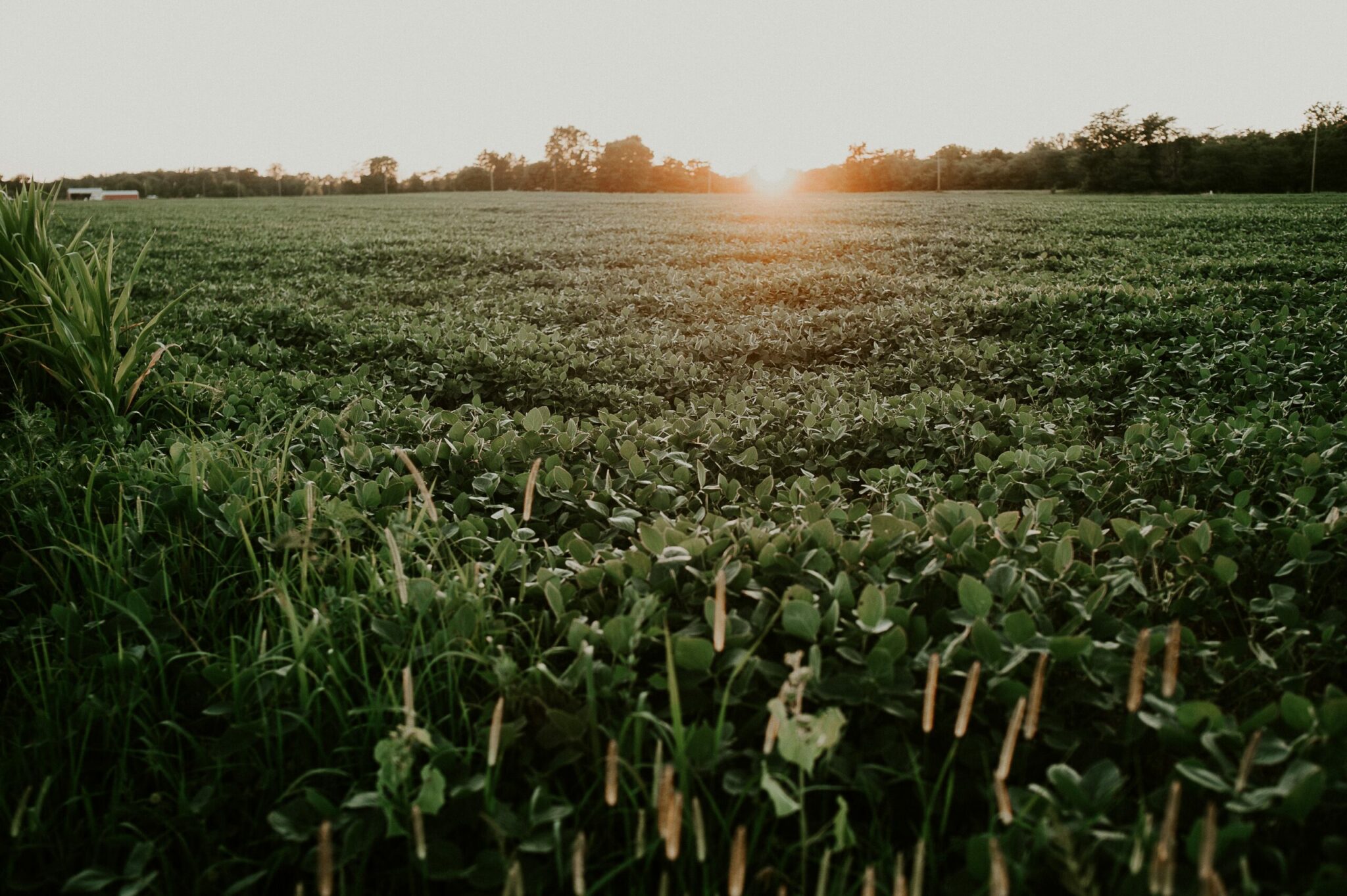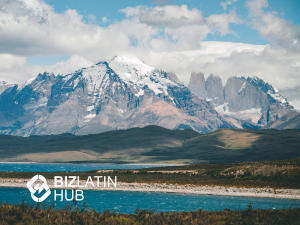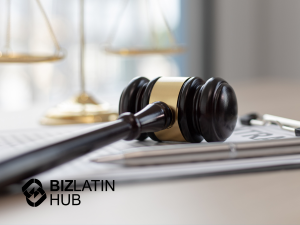Paraguay is known as one of the fastest-growing economies in Latin America. Yet little is known about the country in terms of business. Paraguay is becoming a haven for entrepreneurs to invest in or incorporate companies and to present themselves to wider regional market opportunities.
One of these new opportunities can be found in sustainable business solutions. Paraguay, like many of its neighbors, faces the challenge of increasing food security while minimizing environmental impacts of agriculture and deforestation. We explore how sustainable practice opens doors for commercial actors in the country.
What is sustainability in business in Paraguay?
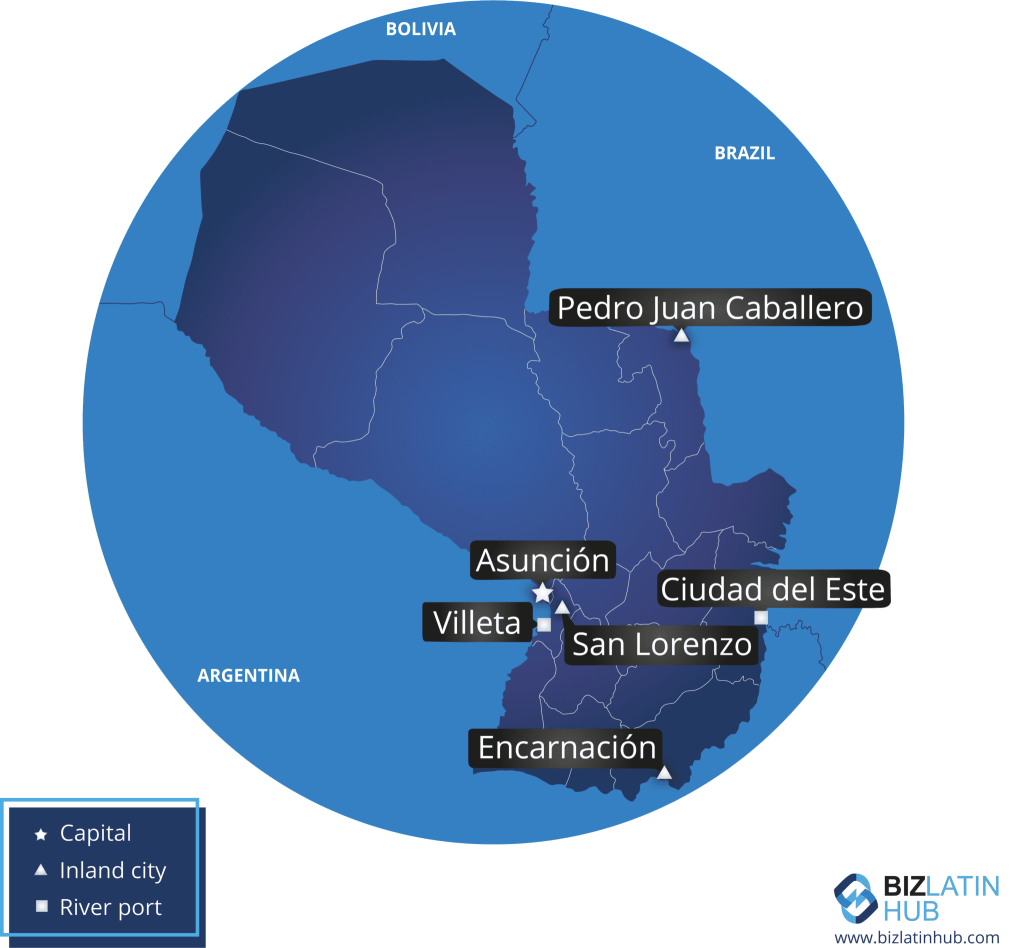
Sustainability in the context of business has two main features: the effect business has on the environment, and the effect business has on society. Sustainable business solutions encourage companies to ensure they are continuously focussed on keeping their carbon footprint down. Although there can be a perception of the cost-inefficiency, research shows sustainable management is much less costly and complex than it was a few years ago.
Failing to incorporate sustainable strategies into a business’ responsibilities can cause issues in the environment and social landscape. Not to mention, of late, a considerably different perception of a company’s brand.
Several investors today use environmental, social, and governance (ESG) methods to analyse their business’ ethical impact and practices in sustainability frameworks. The idea is to look at a company’s carbon footprint, water usage, community development efforts, and board diversity.
Seeking sustainable food security
Articulated under the 1996 World Trade Summit, food security outlines that all people at all times have physical and economic access to sufficient, safe and nutritious food to meet their dietary needs and food preferences for an active and healthy life.
Between 1980 and 2000, 40% of the world’s 100-million-hectare loss of tropical forest occurred in Latin America, as farmers made room for land for livestock. However, clearly this impact on the environment is untenable going forward. In fact, the Paris agreement advocates for the protection of forests and conquering other climate change issues.
Paraguay striking a balance
Paraguay is a small, landlocked country bordering Brazil, Argentina, and Bolivia. This country has experienced steady economic growth compared to some others in Latin America, and its government has generated important incentives for trade and private investment.
77% of Paraguay’s land is owned by 1% of the population. Majority of this land belongs to foreign (typically Brazilian and European) corporations in the soy production business – a thriving industry in Paraguay. Paraguay is recognised as the world’s fourth main producer for soybeans, and has a significant international beef market. China and the European Union are big customers of Paraguayan soy and beef, which contribute to 30% of the country’s GDP.
The government therefore has the challenging task of setting sustainable development and industry targets so as not to exhaust the country’s natural wetlands and forests.
‘Forests for Sustainable Growth’ strategy
Paraguay has established a landmark strategy to protect its natural environment by addressing deforestation pressures and finding opportunities for sustainable production. This is called the ‘Forests for Sustainable Growth’ strategy.
In a joint consultation process, Paraguay has worked with key stakeholders in these two industries to find and promote environmentally-friendly alternative processes in the soy and beef production and supply chain.
Paraguay’s Green Production Landscapes Project also pitches in to support communities that depend on forests for their livelihood, and educate businesses on environmentally-friendly practices. The project pushes for financial and other market incentives to encourage diversified products and ‘good productive practices.’
So far, the project has achieved 3 main outcomes:
- Revisions of governance frameworks around sustainable practice including institution-strengthening to support the monitoring of and support for businesses
- Diversified financing options for businesses and providing market viability for sustainable practice
- Widespread training and educational documentation to aid these businesses.
Paraguay is taking steps ahead of its counterparts throughout the region to address the importance of its agricultural success to the economy, but also reach out to companies to promote better practices for the sake of the environment. These efforts aim to dispel the idea that pursuing sustainability is more costly (and therefore less profitable) to business. For this reason, the country has made space for sustainable business to thrive.
Opportunities for business
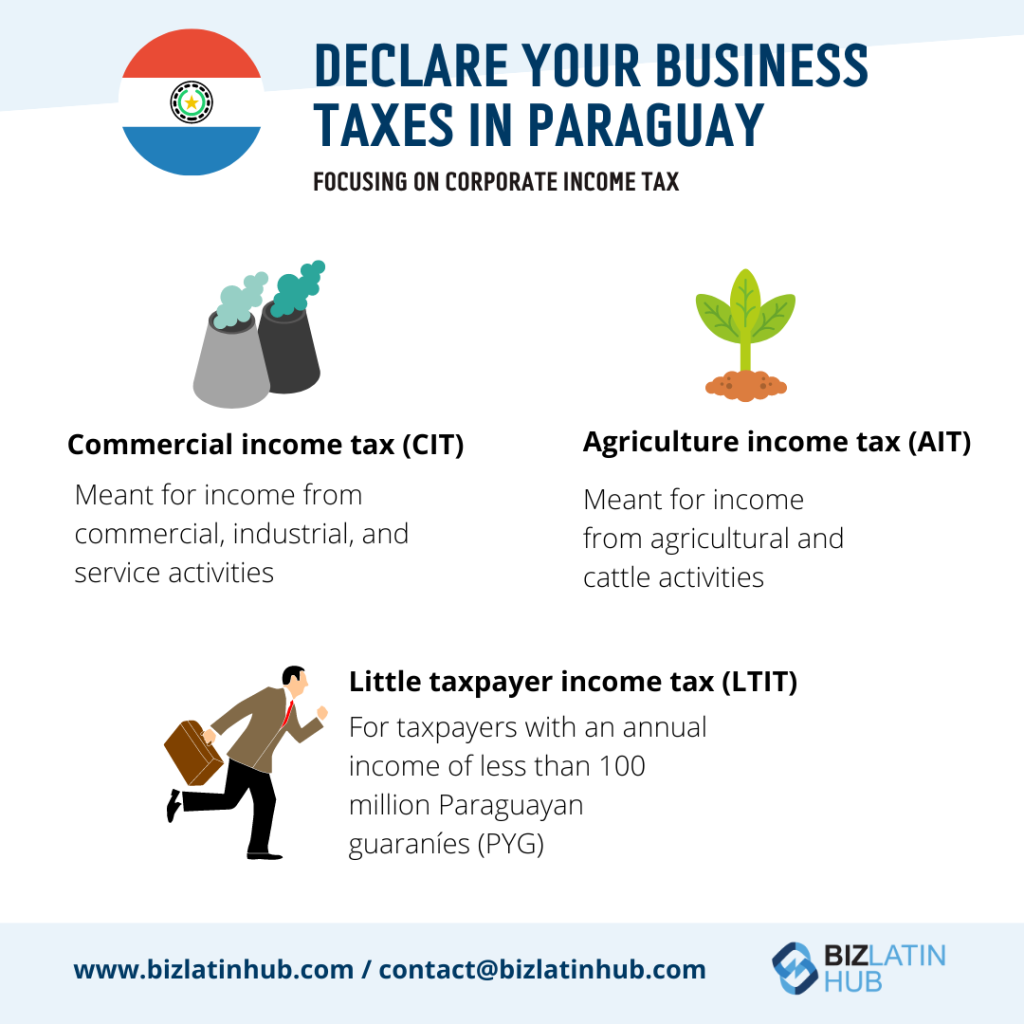
Though the leader in the region for sustainable production practices, Paraguay is not the only Latin American country calling out for new business solutions to innovate their commercial and environmental landscapes.
Businesses specializing in the agritech industry would go far by reaching out to the rapidly-developing continent. In a discussion with the Airport Economist, Tim Harcourt, Ambassador to Australia Jaime Bueno-Miranda claims that when it comes to Colombia agricultural potential, “we have a lot of land, but we don’t have enough technology to improve the quality or the productivity of that land.”
One crucial way forward for sustainable business and precision agriculture, that minimizes waste and environmental impacts and boosts productivity, is technological innovation. The ability to exchange these assets – agricultural technology and arable land – with countries like Paraguay and Colombia will give businesses ample commercial opportunity in the long term, introducing sustainable practice to Latin America.
Contact us to get started
Investing in Paraguay offers entrepreneurs and businesses with the aim to expand regionally a central hub for doing business. Paraguay’s strategic location and international trade relationships pose great opportunities for first-moving companies.
We can help. Though attractive, Paraguay’s commercial environment does set clear regulations around the company formation process, applies certain tax obligations your business will need to be aware of. It can be a complex process for foreign companies.
Our comprehensive local market entry and back-office services can help you navigate your legal and corporate requirements. We offer tailored business solutions to ensure your company is off to the best start. Contact Biz Latin Hub here at Biz Latin Hub today to get started.
